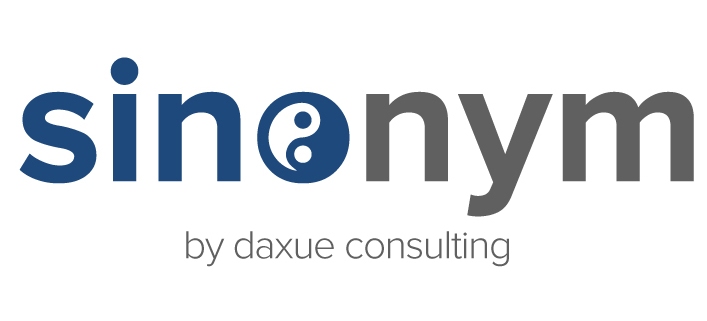A case study in donkey name reaction
So far we’ve only talked about donkey names for foreign brands , but China’s mocking netizens have never limited their targets to foreign-owned enterprises. Baidu, the 800 pound gorilla of Chinese search, was slapped with “Dùniáng” (度娘) a few years back when netizens got upset about its forum practices.*
How to translate Dùniáng? It’s a little tricky, as is always the case for Chinese humor. Niáng by itself is a word for mother, still used by children today in some parts of China, mostly in rural areas. But niáng can also be used as a derogatory description for men or boys, describing them as “girly”. So when folks started referring to Baidu as the “Girly Du”, clearly it indicated they were none too happy with the company.
What, then, does a big bad company do when its customers start calling it “Girly Du”?
Baidu did exactly what your mother told you to do when people call you names. Agree! Take pride in it. Take the wind out of your would-be insulters sails.
The Baidu managers have used this approach to turn the “Girly Du” insult completely on its head. At the year-end party, the Tieba Club (part of Baidu’s popular forums) put up a banner “I love Girly Du” (我爱度娘). Reputedly, managers began calling the business Girly Du too. Models hired for the year-end company party were called Dùniáng too, the same word but maybe better translated in this context as “Du Girls.”
Which all goes to show that in name management, as in much else, if you’re bold and you’ve got the vision, you can still direct the public discourse.
——–
*Why were customers upset with Baidu and how did that lead them to consider the company “girly”? There’s no definitive explanation, but one amusing story has to do with automatic censorship. It’s said that it all started at a difficult moment in the ebb and flow of Chinese censorship….
Within Baidu forums, it was getting difficult to start a thread because poor filtering software would automatically reject the content, even if it shouldn’t have been considered “sensitive.” Users found they could work around the software, though, by posting something empty or nearly meaningless such as “Feeding Baidu” (喂百度) at the top level of a thread, the so-called “first floor”. Having done this, they’d go to the “second floor” and post the content they actually wanted to put up.
The number 2 being, in Chinese numerology, a more feminine number, it was deemed appropriate to begin calling out the Girly Du for its girly practices. It may seem Byzantine to the outside observer, but this kind of rapid evolution in terminology is par for the course on the Chinese internet.
References :
http://daxueconsulting.com/baidu-seo-make-optimisation-for-china/
http://www.reuters.com/article/2013/03/25/net-us-baidu-china-lawsuit-idUSBRE92O12S20130325
